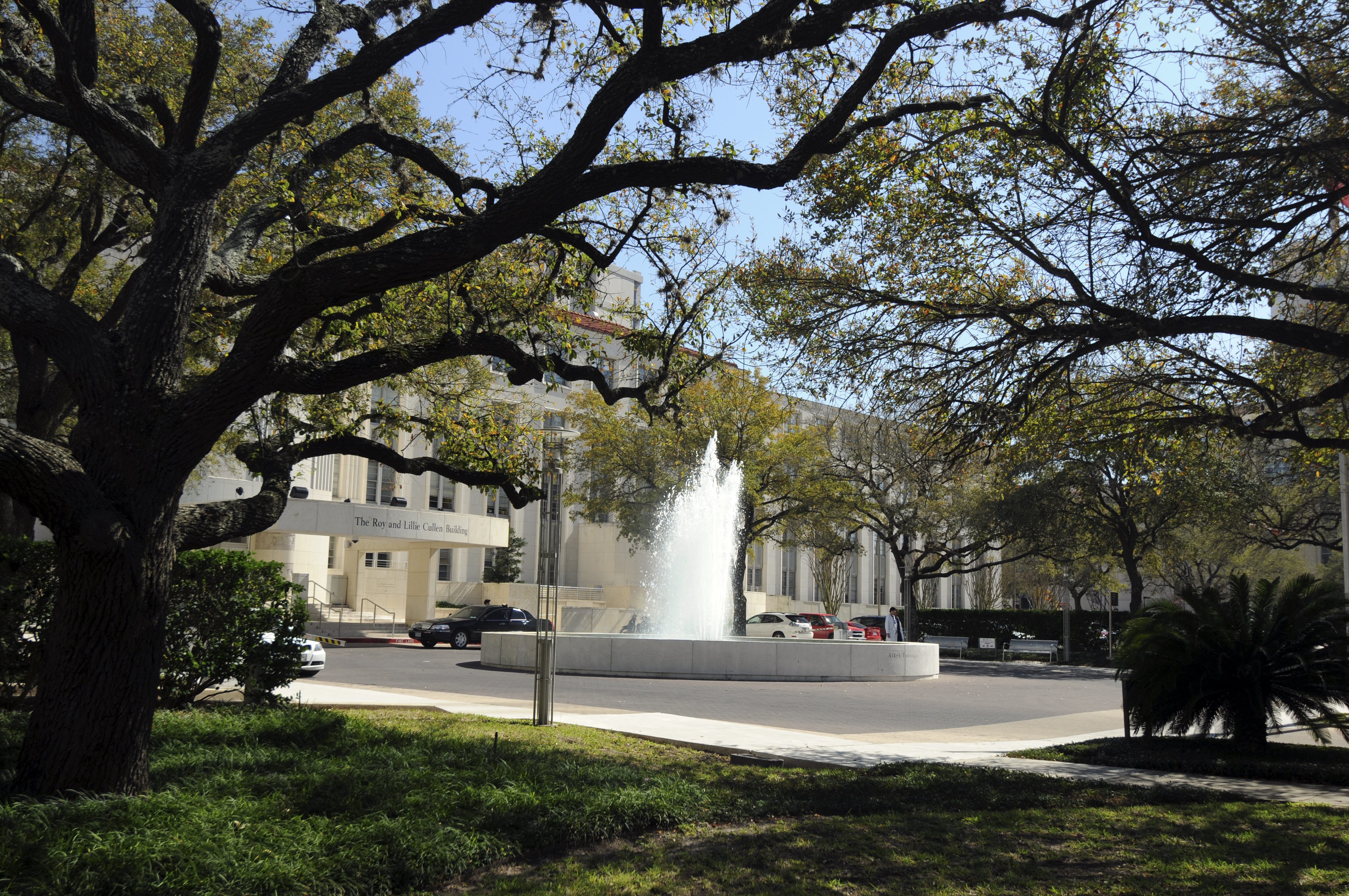65 schoolgirls tackle gender gap at national STEM camps
$2.35 million new funding expands learning and mentoring for girls
Sixty-five schoolgirls from across Australia, including 42 regional towns, will be matched with outstanding female scientists, engineers and mathematicians at the Australian National University (ANU) in Canberra on 12 December to begin six months of Curious Minds learning and mentoring in science, technology, engineering and maths (STEM).
The Year 9 and 10 high-achieving students from 53 schools in every State and Territory will travel from regional areas and cities to be part of a program that immerses underrepresented girls in extension learning, including mentoring from female role models working in a variety of STEM fields.
More than 65 per cent of the students selected for Curious Minds this year are from regional Australia. Participants are selected based on their performance in three high school-based science, informatics and mathematics competitions, and preference is given to students from regional and rural communities and schools at the lower scale of socio-educational advantage.
“Through this national program we are seeing a clear link between increasing girls’ confidence in STEM at this critical age, with a greater likelihood of girls doing further study in STEM-related subjects at school and university,” says Ruth Carr, Executive Director of Australian Science Innovations.
Curious Minds also gives participants access to STEM role models by matching students with female mentors working in traditionally male-dominated careers. This year’s mentors include engineers, physicists, mathematicians, research and medical scientists, chemists and astrophysicists.
“It’s great to see that the ability of Curious Minds to switch girls on to STEM and increase the visibility of women STEM professionals has attracted well-deserved continued support,” says CSIRO Chief Scientist and Curious Minds Patron Dr Cathy Foley.
Students will spend five days at the ANU in the first of two intensive modules of learning across physics, informatics, chemistry, biology, mathematics, engineering and Earth and environmental science. They will work with their mentors on projects over a six-month period.
The work of Curious Minds has attracted $2.35 million in Australian Government funding to increase the program’s reach from 2020–2024. The funding will help counter declining Year 12 enrolments in traditional sciences and advanced mathematics by increasing girls’ opportunities to excel in STEM subjects.
Curious Minds is funded by the Federal Department of Education, and is supported by the ANU and Toyota Foundation. The Australian Mathematics Trust and Australian Science Innovations jointly administer the program. These organisations also reach thousands of talented students and involve hundreds of teachers and schools in Mathematics and Science Olympiads programs.
WOMEN IN STEM FACTS:
· Although women make up 47.5% of Australia’s workforce, only 16% of Australia’s STEM-skilled workforce are women.1
· Women continue to be underrepresented in STEM university enrolments, with only 17% enrolled in engineering, 19% in computing, 25% in physics and astronomy, 32% in mathematical sciences, 39% in Earth sciences and 42% in chemical sciences.2
· Women STEM professionals are underrepresented in Australia’s mainstream







